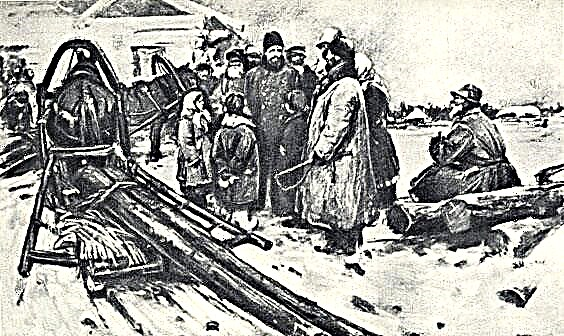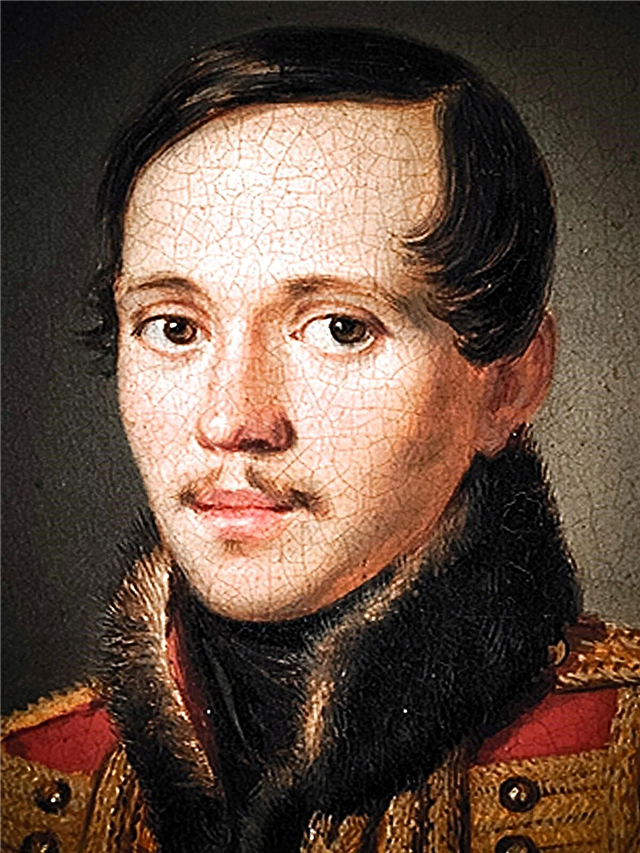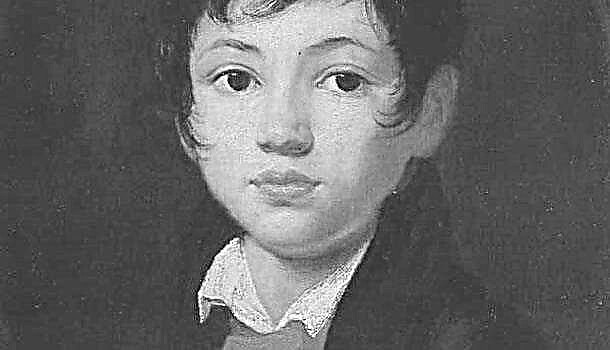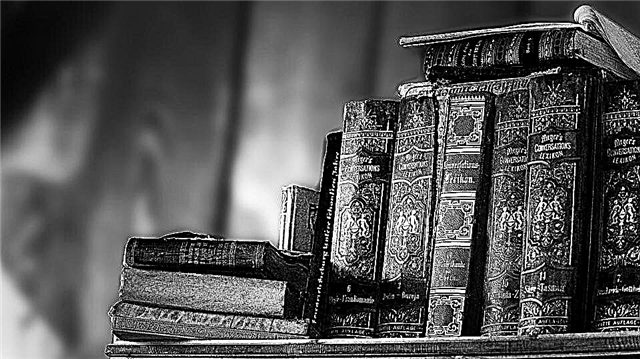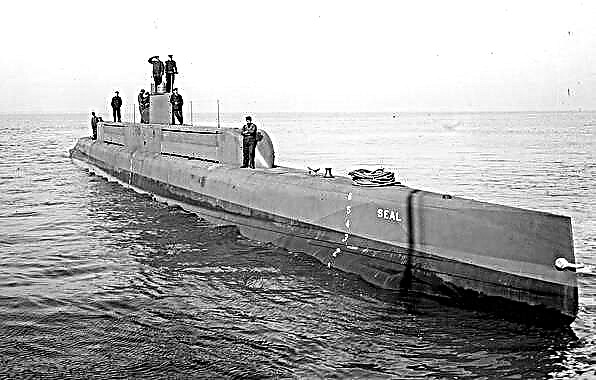The protagonist, a journalist, left without work, turns over his newspaper clippings, collected for "ten years of lies and pretense." This is the 70s. When he lived in Tallinn. Each newspaper text-compromise is followed by the author’s recollections - real conversations, feelings, events.
After listing in the article those countries from which specialists arrived at a scientific conference, the author listens to the editor for accusations of political myopia. It turns out that the countries of victorious socialism should go at the top of the list, then all the rest. The author was paid two rubles for the information. He thought three would pay ...
The tone of the “Rivals of the Wind” note on the Tallinn Hippodrome is festive and sublime. In fact, the author easily agreed with the hero of the note, the jockey Ivanov, to “paint” the race program, and the two of them won money, betting on a well-known leader. It is a pity that the racetrack is over: the "rival of the wind" fell out drunk from a taxi and has been working as a bartender for several years.
In the newspaper "Evening Tallinn", under the heading "Estonian ABC Book", the hero writes cute nursery rhymes in which the beast answers the Russian greeting in Estonian. The instructor of the Central Committee calls the author: “It turns out that the Estonian is a beast?” I, the instructor of the Central Committee of the party, is a beast? ” “A man was born. ... A man doomed to happiness! .. ”- words from a registered report about the birth of a four hundred thousandth resident of Tallinn. The hero goes to the hospital. The first newborn, whom he reports by telephone to the editor, the son of an Estonian and Ethiopian, is “rejected”. The second, the son of a Jew, too. The editor agrees to accept a report on the birth of the third - the son of an Estonian and Russian, a member of the CPSU. They bring money for the father so that he calls his son Lembit. The author of the upcoming report, together with the father of the newborn, celebrate the event. A happy father shares the joys of family life: “It lays, it used to be like cod. I say: "You, an hour, did not fall asleep?" “No, he says, I hear everything.” - "Not a lot, I say, you were in flames." And she: “It seems that the light in the kitchen is on ...” - “Why did you get this?” - “And the meter is how it works ...” - “I’d say that you should learn from him ...” When a journalist wakes up in the middle of the night, she cannot remember the other events of the evening ...
The newspaper “Soviet Estonia” published a telegram from the Estonian milkmaid to Brezhnev with a joyful message about high milk yields, her admission to the party and a response telegram from Brezhnev. The hero recalls how, to write a report, the milkmaids sent him, along with photographer Zhbankov, to one of the district party committees. The journalists were received by the first secretary, two young girls were assigned to them, ready to fulfill any of their desires, alcohol poured in. Of course, journalists completely "took advantage of the situation." They only met briefly with the milkmaid - and the telegram was written in a short break of the "cultural program." Saying goodbye to the district committee, Zhbankov asked for “beer” at least for treatment. The secretary was frightened - "they can see in the district committee." “Well, you chose a job for yourself,” Zhbankov sympathized with him.
“The Most Difficult Distance” - an article on a moral theme about an athlete, a Komsomol member, then a communist, a young scientist, Tiina Karu. The heroine of the article turns to the author with a request to help her "liberate" sexually. Act as a teacher. The author refuses. Tiina asks: “Do you have scumbag friends?” “Prevail,” agrees the journalist. After going through several candidates, he stops at Osa Chernov. After several unsuccessful attempts, Tiina finally becomes a happy student. In gratitude, she hands the author a bottle of whiskey, with which he goes to write an article on a moral theme.
“They prevent us from living” - a note about E. L. Bush, a worker in the republican press who got into the sobering-up station. The author recalls the touching story of his acquaintance with the hero of the note. Bush is a talented person, a drinker who cannot stand compromises with his superiors, who is loved by beautiful aging women. He interviews the captain of the West German ship Paul Rudi, who turns out to be a former traitor to the motherland, a fugitive Estonian. KGB officers offer Bush to testify that the captain is a sexual pervert. Bush, indignant, refuses, which causes the KGB colonel to get the unexpected phrase: "You are better than I thought." Bush is being dismissed; he doesn’t work anywhere; he lives with another beloved woman; the hero settles in them. Bush is also invited to one of the editorial parties as a freelance writer. At the end of the evening, when everyone was pretty drunk, Bush made a scandal by kicking a tray of coffee brought in by the wife of the editor-in-chief. He explains the action to the hero as follows: after the lie that was in all the speeches and in the behavior of all those present, he could not do otherwise. For six years living in America, the hero sadly recalls the dissident and handsome, troublemaker, poet and hero Bush, and does not know what his fate is.
"Tallinn says goodbye to Hubert Ilves." Reading the obituary about the director of the television studio, Hero of Socialist Labor, the author of the obituary recalls the hypocrisy of everyone who attended the funeral of the same hypocritical careerist. The sad humor of these memories is that due to the confusion that occurred in the morgue, an “ordinary” deceased was buried in a privileged cemetery. But the ceremony was brought to an end, hoping to change the coffins at night ...
“Memory is a formidable weapon!” - Report from the republican rally of former prisoners of fascist concentration camps. The hero was sent to a rally along with the same photographer Zhbankov. At the banquet, after a few accepted glasses, the veterans talk, and it turns out that not everyone was sitting only in Dachau. The “native” names flash: Mordovia, Kazakhstan ... Acute national issues are being clarified - who is a Jew, who is a Chukhite, by whom “Adolf is their best friend”. The drunk Zhbankov, setting up a basket of flowers on the windowsill, unloads the atmosphere. “A gorgeous bouquet,” says the hero. “This is not a bouquet,” Zhbankov answered mournfully, “this is a wreath! ..”
“On this tragic word, I say goodbye to journalism. Enough! ” - the author concludes.

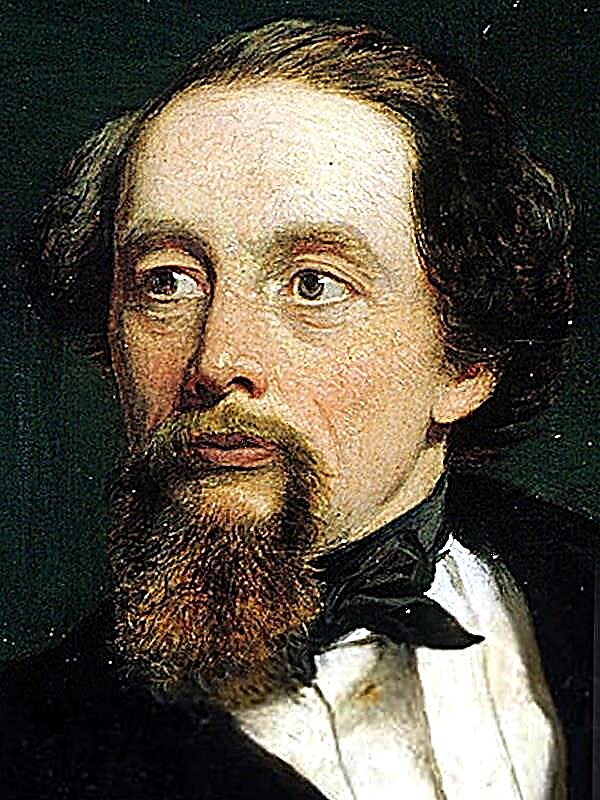
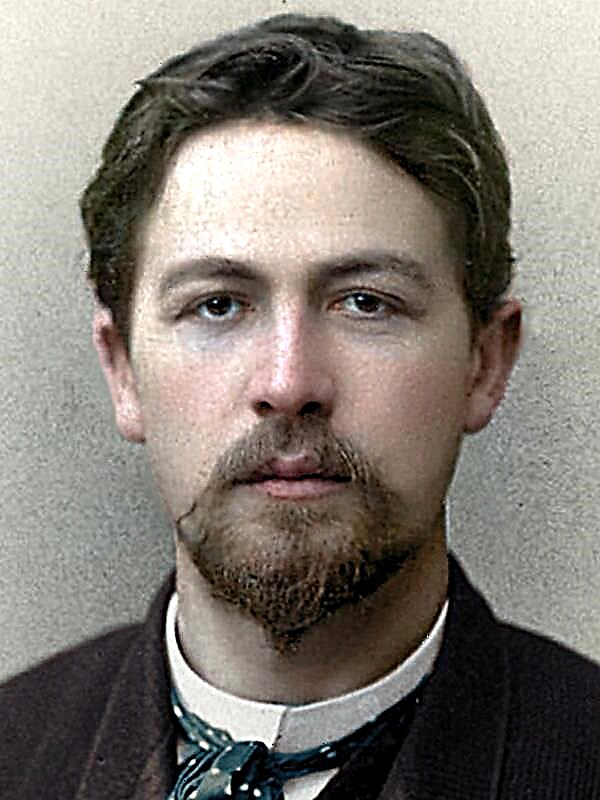
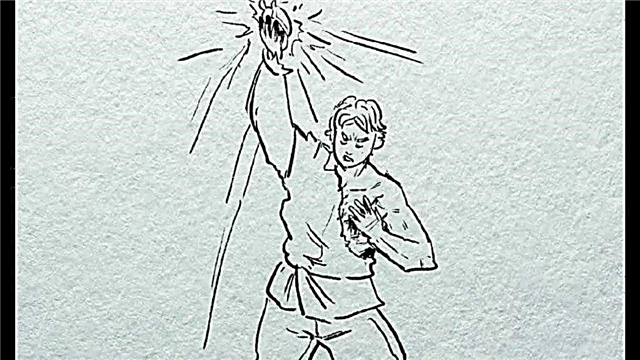
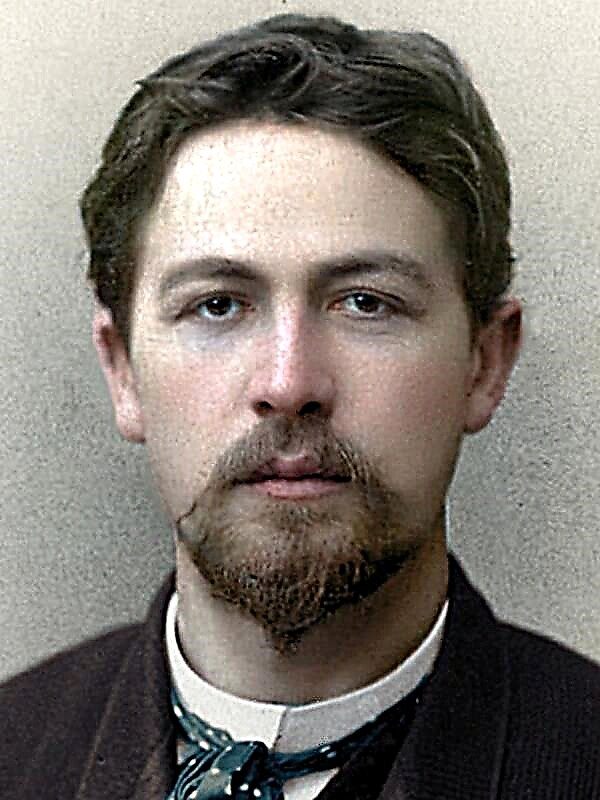

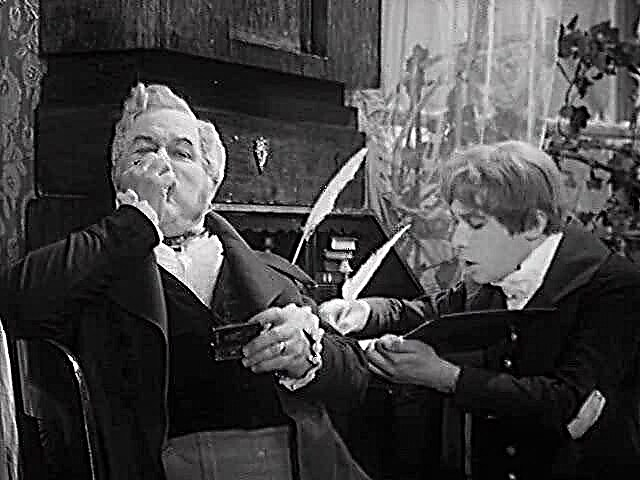
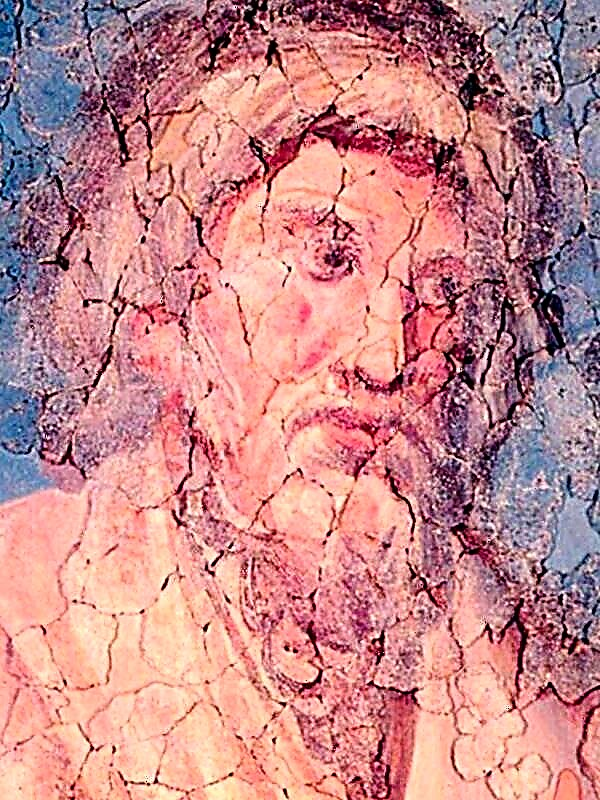 Metamorphoses
Metamorphoses